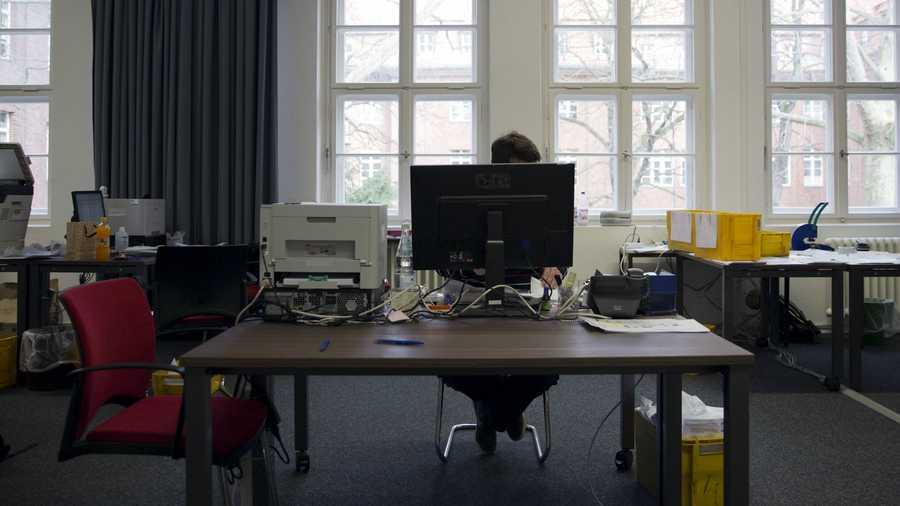"Do what you love”...
... is career advice that’s easy to give, but hard to follow, because we can’t always accurately predict what kind of job we’ll love until we’re actually doing it. Or maybe we love doing a lot of things.
121
336 reads
CURATED FROM
IDEAS CURATED BY
The idea is part of this collection:
Learn more about personaldevelopment with this collection
How to make rational decisions
The role of biases in decision-making
The impact of social norms on decision-making
Related collections
Similar ideas to "Do what you love”...
Discipline is KEY for doing what you love
Although doing work you love takes less discipline, finding work you love does usually require discipline.
- Plenty of successful people did things that seemed to be disappointing until they found their niche.
- Try to get into the habit of always doing a good job ...
Do what you love
To do what you love adds pressure because you first have to find what you like, know what you are good at and realise your strengths. Then you have to work hard at it, continually living with the self-doubt of 'am I good enough?'.
Although it can be fun, doing what you love do...
Do what you Love
Instead of slogging all day and night doing a job to pay rent, and bills, it is far better to do what inspires you, makes you alive, and what motivates you.
Take out time to cook, read, travel, listen or play music, whatever you love doing.
Read & Learn
20x Faster
without
deepstash
with
deepstash
with
deepstash
Personalized microlearning
—
100+ Learning Journeys
—
Access to 200,000+ ideas
—
Access to the mobile app
—
Unlimited idea saving
—
—
Unlimited history
—
—
Unlimited listening to ideas
—
—
Downloading & offline access
—
—
Supercharge your mind with one idea per day
Enter your email and spend 1 minute every day to learn something new.
I agree to receive email updates


